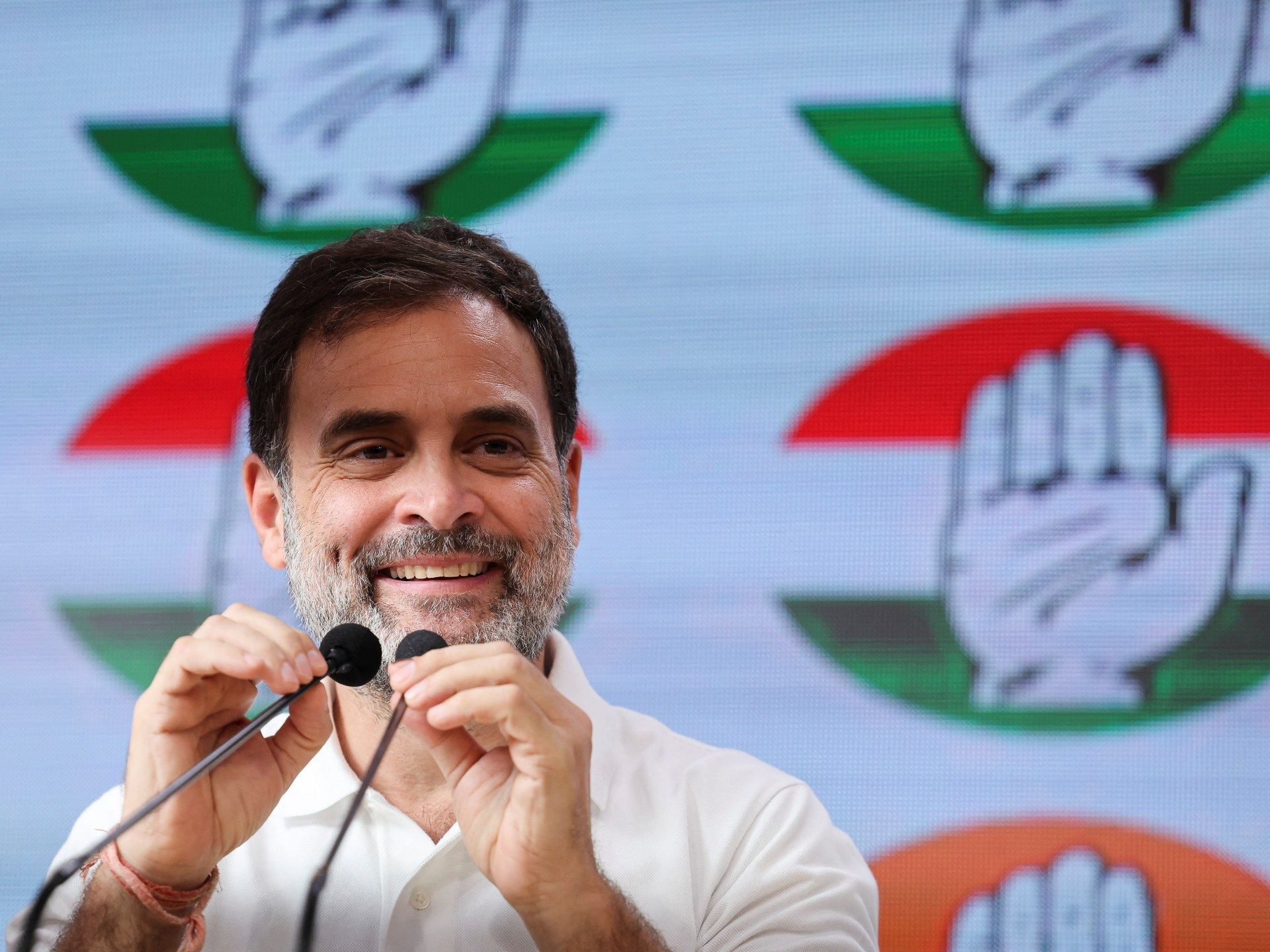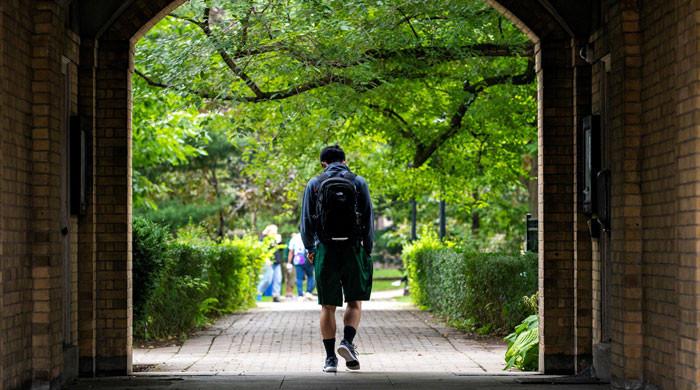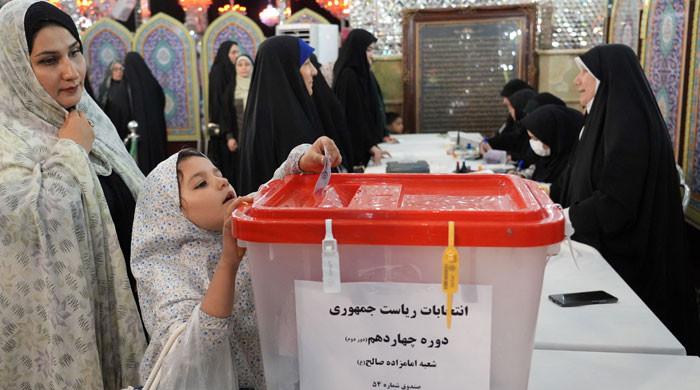Gandhi's Congress Party's election results defied analysts' expectations and helped rehabilitate his political career.
Rahul Gandhi, a descendant of the Nehru-Gandhi family that ruled India for decades after independence, has been nominated to lead India's opposition in parliament following an election result that lifted his party out of the political wilderness.
A meeting of the leadership of the Congress (the country's main opposition party) voted unanimously on Saturday to recommend the election of Gandhi as India's official opposition leader. The position had been vacant since 2014.
“All participants unanimously passed the resolution that Rahul Gandhi should take over as Leader of Opposition in Parliament,” general secretary KC Venugopal said at a press conference after a meeting of party executives.
The nomination will be presented later on Saturday before a meeting of the 232 lawmakers belonging to a Congress-led opposition alliance.
On Tuesday, India's ruling BJP lost its majority in the house in an election that defied exit polls and surprised many supporters of Prime Minister Narendra Modi.
The BJP will still form the next government, but for the first time in its 10 years of leadership, it will rely on a group of regional partners under its National Democratic Alliance (NDA).
Modi will be sworn in for a third term on Sunday.
'Voters have punished the BJP'
In the six-week election, 640 million voters went to the polls across India. It also saw Congress almost double its number of MPs, its best result since Modi came to power a decade ago.
The comeback has aligned with that of Gandhi, who faced an embarrassing loss of his seat representing the city of Amethi in Uttar Pradesh in 2019. This year, he won both the constituencies he contested from, Rae Bareli in Uttar Pradesh and Wayanad in Kerala. He will eventually have to choose which one to represent.
At the center of Gandhi's campaign efforts were the long marches held across the country to galvanize support against Modi.
Aiyshwarya Mahadev, spokesperson for the Indian National Congress, hailed the marches as the biggest attempt the Congress Party has undertaken in recent years to connect with the masses across the diverse country.
“We wanted to hear the voices on the ground and give them a voice. So during both yatras [marches]we saw Rahul Gandhi listening to voices that are rarely heard, from people from communities that have been traditionally oppressed and marginalized,” he told Al Jazeera in March.
He added that the marches were “not about political pomp or any chest-thumping,” but “to reach the people on the ground, to hear their voices and to become their voices.”
Gandhi is the great-grandson of Jawaharlal Nehru, India's first prime minister after independence in 1947. His grandmother, Indira Gandhi, and his father, Rajiv Gandhi, also held the office, while his mother has long been a senior congressional official.
Support for the young Gandhi was on display after Tuesday's vote count, with several people seen wearing white T-shirts with photographs of Gandhi on the back at the party headquarters in New Delhi.
“Voters have punished the BJP,” Congress leader Gandhi told reporters after the election results. “I was confident that the people of this country would give the right answer.”
“The BJP has not managed to get a huge majority on its own,” Congress legislator Rajeev Shukla told reporters at the time. “It's a moral defeat for them.”
Reduced mandate
But the increase in opposition seats is not the only factor that will transform India's legislature and the way laws are passed in the country of 1.4 billion people.
Modi currently faces a reduced mandate, and analysts argue that the allies he must rely on to maintain power can also serve as a check on his rule.
Critics have long accused the BJP majority government of forcing laws through parliament without discussion or debate.
That will no longer be easy, Sandeep Shastri, national coordinator of the Lokniti Network, a research program at the New Delhi-based Center for the Study of Developing Societies (CSDS), previously told Al Jazeera.
“It's going to be a much tougher road in parliament, very clearly, for the BJP.”












